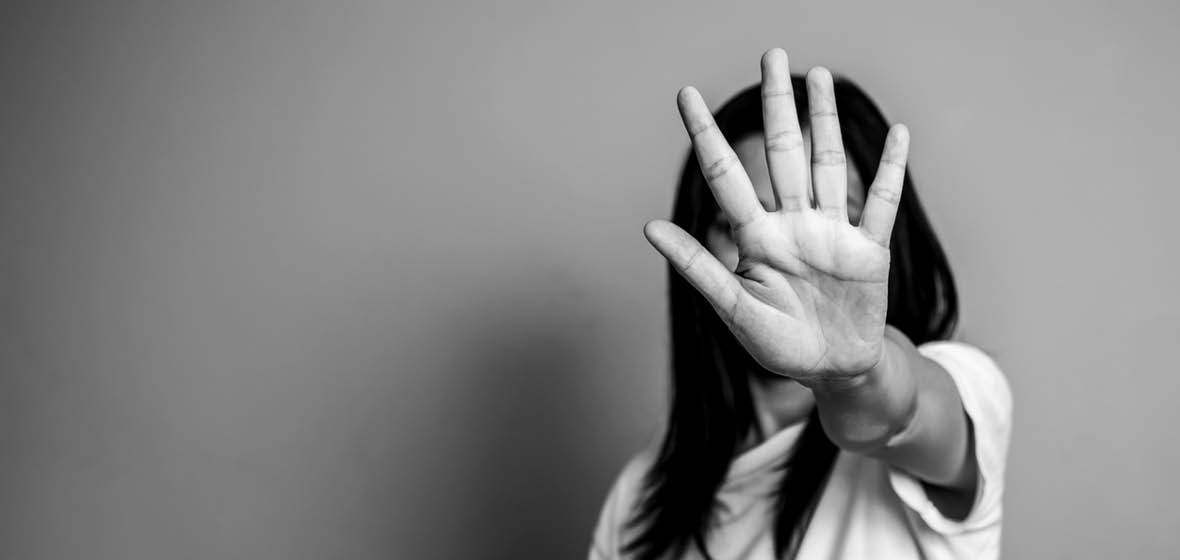This is a clarion wake-up call for the legal profession, about a problem we need to address.
As many as one in two female lawyers and one in three male lawyers who took part in the largest-ever study on bullying and sexual harassment in the legal profession has been bullied at work.
The ground-breaking global survey was conducted by the International Bar Association (IBA) in 2018 and gathered responses in six languages from almost 7,000 respondents in 135 countries. The raw data was shown exclusively to LSJ, and a summary of results published in a 130-page report on Wednesday reveals the legal industry worldwide as one rife with toxic and unlawful behaviour.
According to the report, women lawyers suffered more than men on both counts of bullying and sexual harassment. Half of all female respondents reported that they had been bullied in legal workplaces, and one in three female respondents said they had been sexually harassed. Men did not escape the toxic behaviour, with one in three male lawyers reporting they had been bullied, and one in 14 men having experienced sexual harassment.
In most cases (57 per cent of bullying cases and 75 per cent of sexual harassment cases), victims said they did not report the conduct for fear of retribution and because official responses by human resources departments were “insufficient” or “negligible”. According to the survey respondents, 80 per cent of perpetrators went unsanctioned.
“This is a clarion wake-up call for the legal profession, about a problem we need to address,” said CEO of the Law Society of NSW Michael Tidball.
“The data is unedifying, but it underscores the need for the Law Society to continue to provide leadership in confronting systemic inequity between men and women and, at an individual level, deal with the distress that arises from harassment, bullying and inappropriate behaviour.”
 Michael Tidball, CEO of the Law Society of NSW
Michael Tidball, CEO of the Law Society of NSW
Perhaps most shocking for Australian lawyers was that the raw data showed higher rates of bullying and sexual harassment reported here compared to globally. 73 per cent – or almost three-quarters – of female respondents from Australia had been bullied, compared to one in two globally. Almost half of all male respondents from Australia had been bullied, which was up from one in three globally.
Kieran Pender, an author of the report and Legal Advisor in the IBA’s Legal Policy and Research Unit, noted that reporting rates could be greater in countries that are more educated or aware of what constitutes bullying and sexual harassment.
“Although those rates are shocking in Australia, and they are higher than the global average, it doesn’t necessarily mean the problems are worse in Australia. It does mean we are perhaps more aware of these issues here,” Pender said.
Law Society CEO Michael Tidball said this heightened awareness presented an “opportunity” for the Australian profession to lead a change of culture globally.
“If the effect of that awareness is that we are getting high reporting, then there is an opportunity arising from that, for the Law Society to engage with victims and to ensure their issues are dealt with,” said Tidball. “The legal profession must display best practice and provide leadership in our community. This goes to the heart of everyone being treated equally by the law and before the law.”
The legal profession has been under the spotlight in recent times, as various surveys and reports have highlighted the prevalence of sexual harassment in the wake of the #MeToo and #TimesUp movements. LSJ exposed the impacts of sexual harassment in the legal profession with a ground-breaking investigatory feature and podcast published in November 2018. In April 2019, the Women’s Legal Service Victoria released a report condemning the legal and justice sector as one in which sexual harassment was “pervasive, normalised and often accepted”. And the Women Lawyers Association of NSW (WLANSW) has called for the legal definition of sexual harassment to be simplified as well as bystander provisions introduced to encourage more reporting and sanctioning of perpetrators.
“Women in the legal profession are impatient for change and demand specific and measurable strategies and actions from their employers, legal regulators and from State and Federal governments,” President of WLANSW Larissa Andelman told LSJ.




